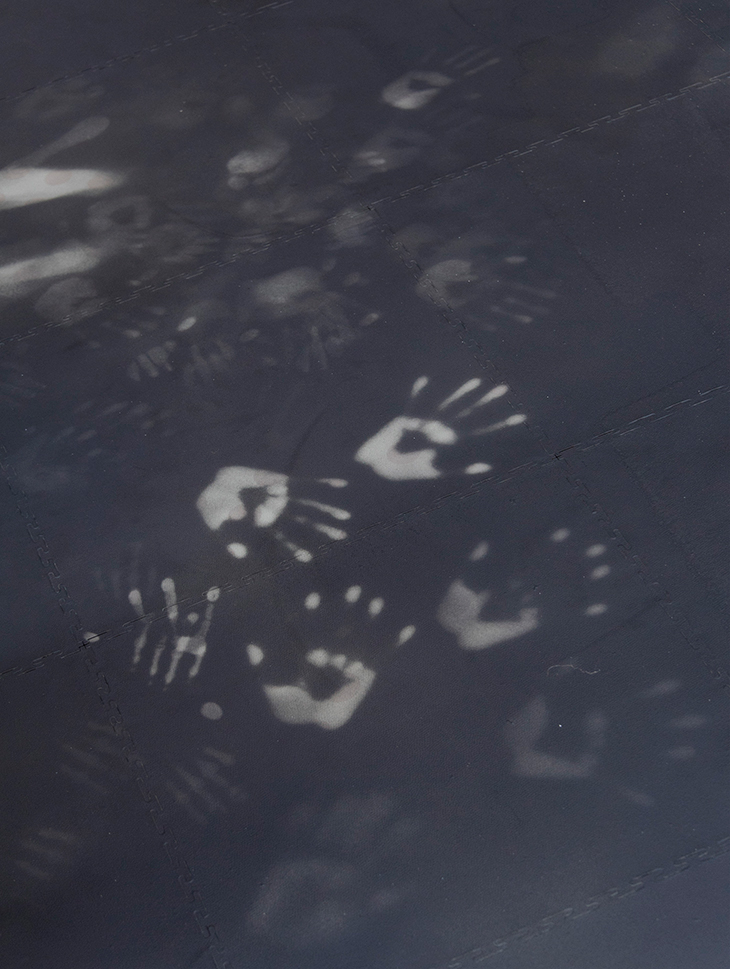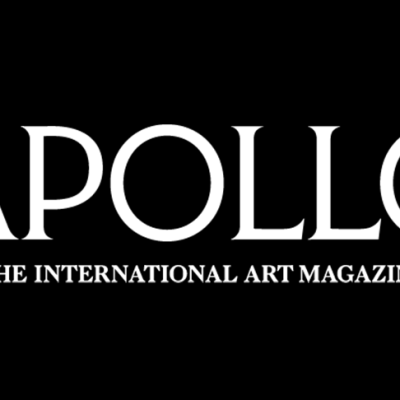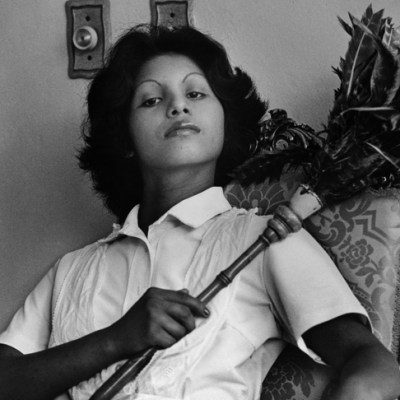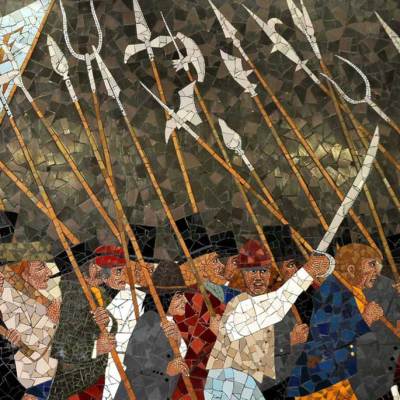The Cuban artist Tania Bruguera speaks to Amandas Ong about her new Turbine Hall commission at Tate Modern, which responds to the international migration crisis. The title of the work is a number that will rise each time the death of a migrant is recorded. As this piece is published, the number stands at 10,142,942.
What were your initial thoughts when you received the Turbine Hall commission?
Firstly, the amazing history of public art at Tate Modern. I was surprised to learn that the Turbine Hall had been designed to be a ‘street’ where art can be shown, and I wanted to honour this idea through my work. I wondered: how can I bring all the colour and conflict of the street into this space? The concept of the street is interesting – it’s where strangers who have nothing in common cross paths. Today, people often prefer to stay close to others who they feel are like them, and that’s where many of the problems in the world originate, because we isolate ourselves and turn away from those unlike us. That’s essentially where ultra-nationalism comes from.
That brought me on to my second question: why don’t we start thinking of ourselves as neighbours, instead of communities? When we imagine ourselves in a community, we often think about the community as having its own distinct identity, and that every person in that community needs to align himself or herself with that identity. But neighbours don’t usually have much in common, and just live next to one another by chance. Both of these questions made me sure that I wanted to produce a work that encourages people from everywhere to mingle in the museum.
In your installation, there is a heat-sensitive floor that visitors can leave an impression on through prolonged contact – is this to do with the importance, and difficulty, of creating intimacy between strangers?
Yes. We live in a moment where people want social and political change to be like instant coffee – add hot water and you get the result you want. But they forget that to get society to where we want it to be, we need to put in a lot of collective work.
What struck me with your use of the word ‘intimacy’ is how much social media has skewed the way we empathise with other people. When we see images of starving children and victims of drug cartels in countries far away, we feel bad for them, because their realities don’t intrude on ours. But once they flee to somewhere safer and closer to us, and they become refugees or migrants, suddenly we’re suspicious and hostile. While I was working on my art project Immigrant Movement International, I realised that when the rights of the migrant are denied, the rights of the citizen are also at risk. If we don’t protect those who are vulnerable, one day we will find ourselves in their position.
Photo: © Tate Photography/Andrew Dunkley

You often work collaboratively, as you have done here – with local activist Natalie Bell and the sound artist Steve Goodman (also known as Kode9). How did these collaborations come about?
I wanted to work with Kode9 after reading his book Sonic Warfare, in which he wrote about how the US Army uses sound and music to manipulate and torture prisoners. I’m very interested in the idea of sound as something destructive or disturbing, instead of creating enjoyment. So I asked him if he wanted to work with me to design a soundtrack for this installation. When you walk around, you hear this low frequency hum that makes you feel uncomfortable rather than relaxed.
Natalie was the founding director of SE1 United, a youth-led organisation for social change. She became involved as a result of my interactions with a group of 21 people who live and work in the same postcode as Tate Modern. I asked what they wanted to see at the museum, and what the museum could learn from them. They wanted better representation of the local community and all the good work that’s been done in this neighbourhood, and Natalie is one person who’s contributed a great deal – so the Boiler House has been renamed the Natalie Bell Building for the next year. I’d like to see a return to the times when buildings would be named after people who had done wonderful things, rather than people who are rich. Natalie helped to select the image of the young man whose face is hidden under the floor installation. He left Syria to come here in 2011, and SE1 United provided him with practical and emotional support. Now he’s working for the NHS.
Do you see a future in which the power to enact social change is redistributed to many from the few?
I do think that there’s been some shift towards a willingness to listen and share power, but it’s still not enough. The love of wealth – the perverse thirst to always want more – is difficult to get rid of. And without education, those who seize power from their oppressors just end up reproducing the same language of violence. To this end, I think political art can be pedagogical, because it puts people through an intellectual exercise that makes them learn from those around them, and allows them to place trust in having new experiences.
We live in a time when we need to defend complexity and the right to be complex. That doesn’t mean being baroque or deliberately trying hard not to be understood. It simply means defending different perspectives, and respecting and accommodating people who are not like us.
You’ve released an organic compound into the room next to the Turbine Hall, which induces tears. What is this mysterious substance – and why do you want people to cry?
Let’s keep the formula a secret! I can only say that it was produced by a chemist and I was a test subject. The point of it is to create what I call forced empathy – we watch the news and see people suffering to the point that we become totally desensitised. I want people to first respond physically, then hopefully that triggers an emotional reaction.
Tania Bruguera’s Turbine Hall commission is at Tate Modern, London, until 24 February 2019.



